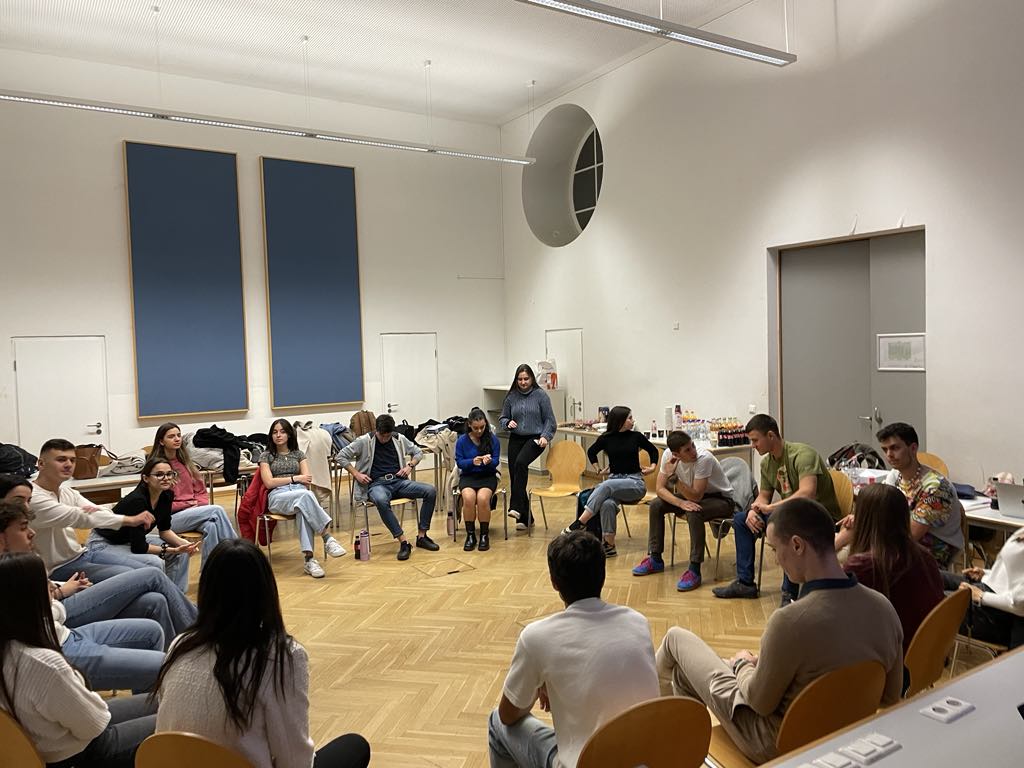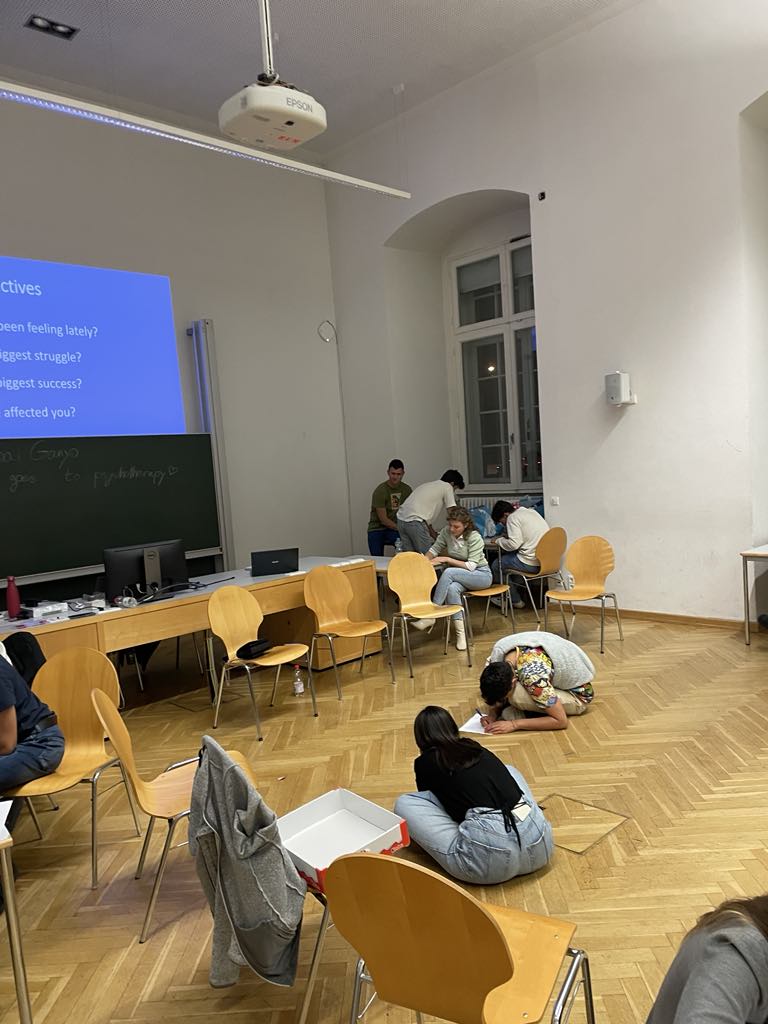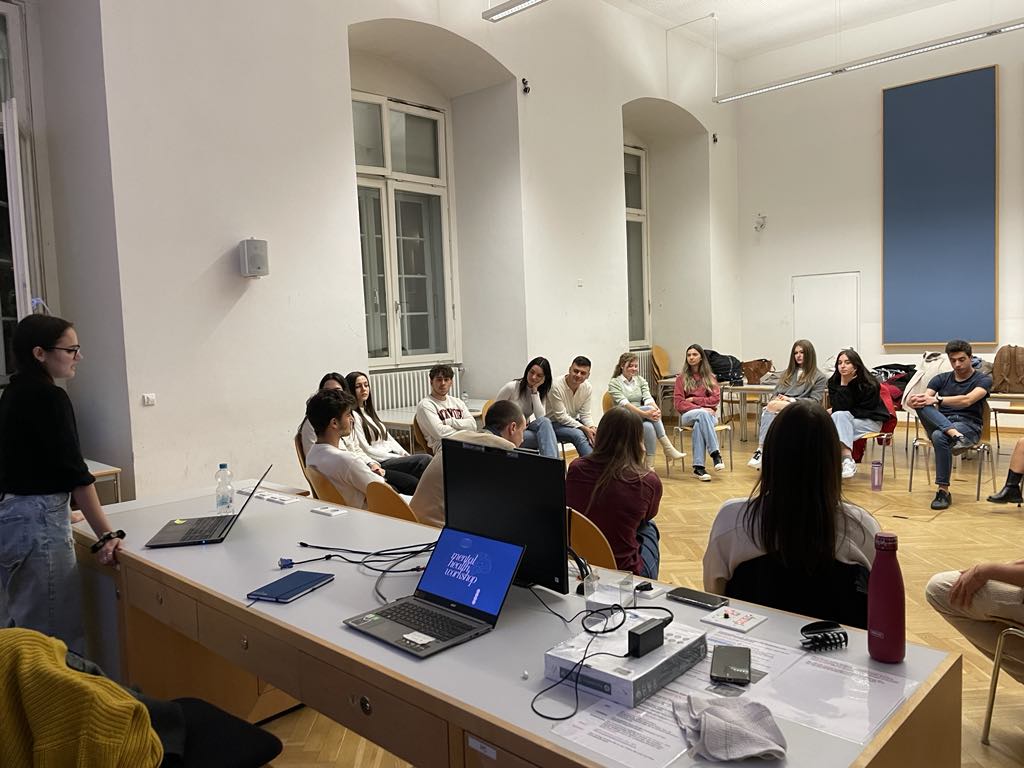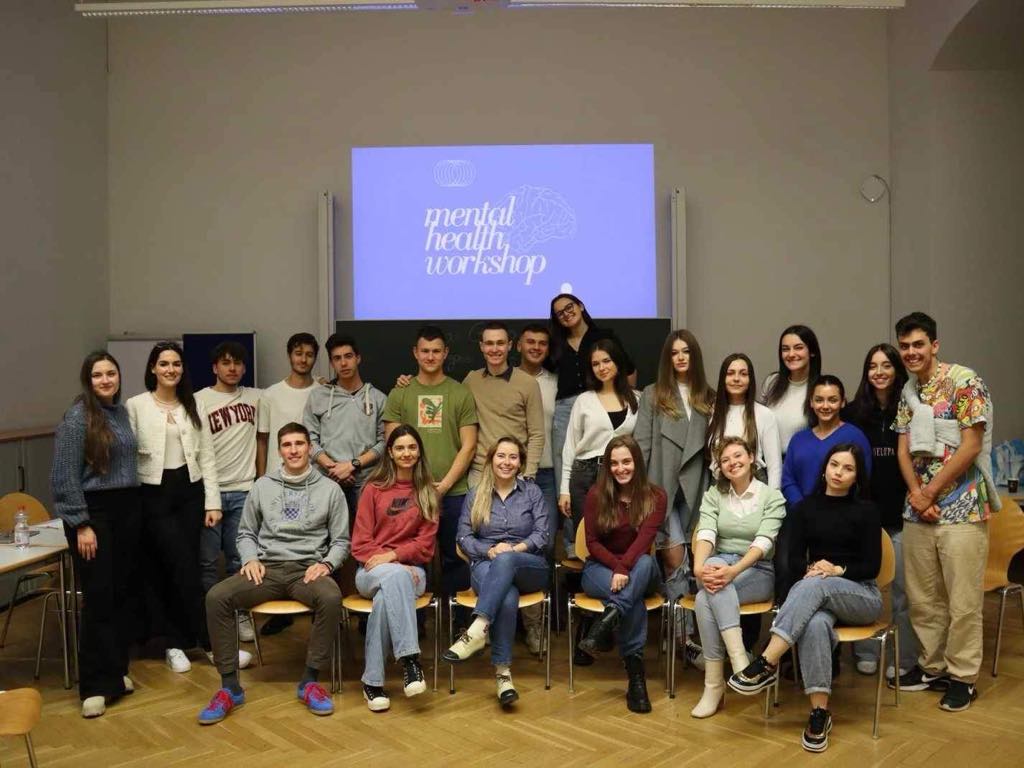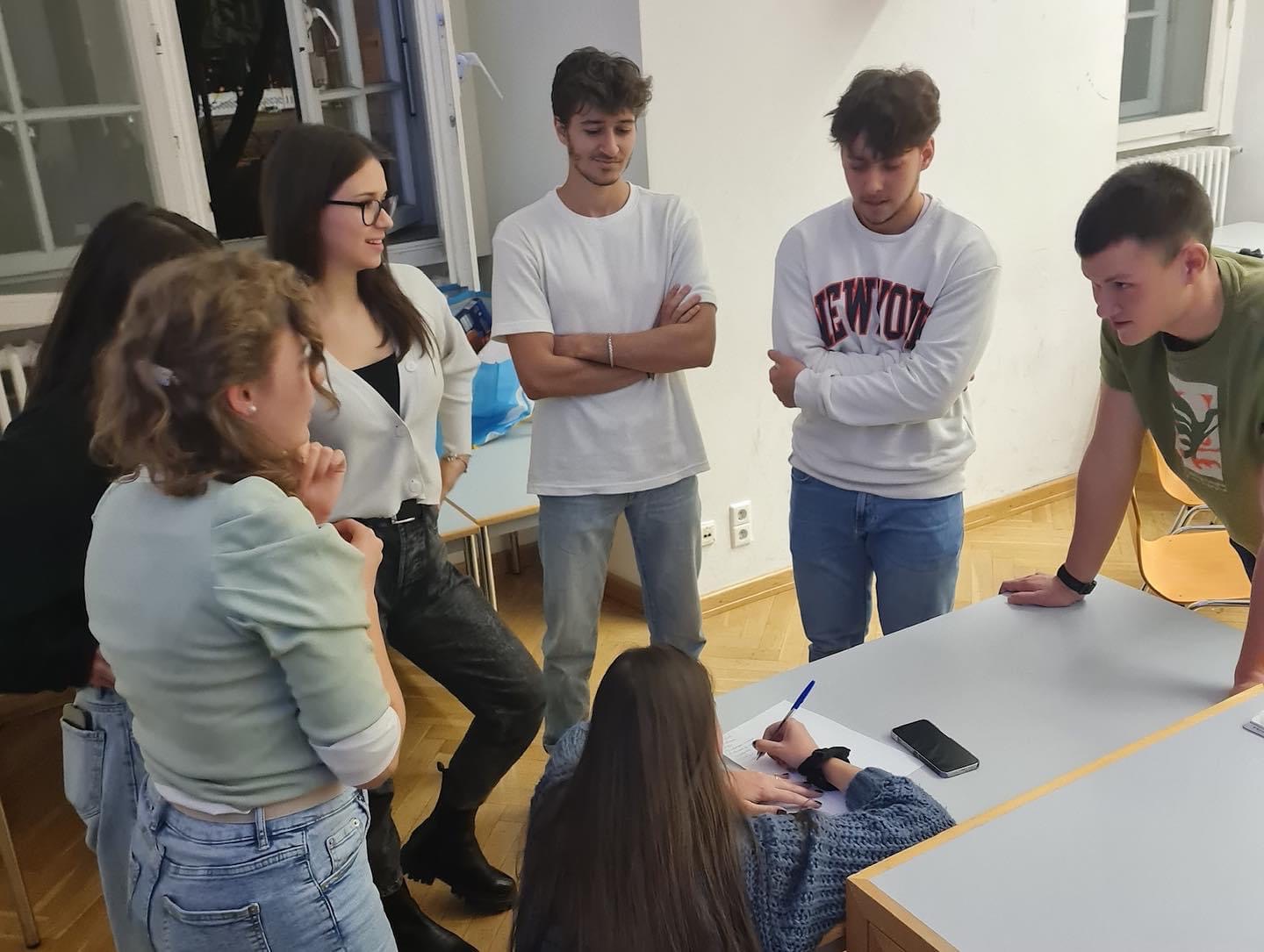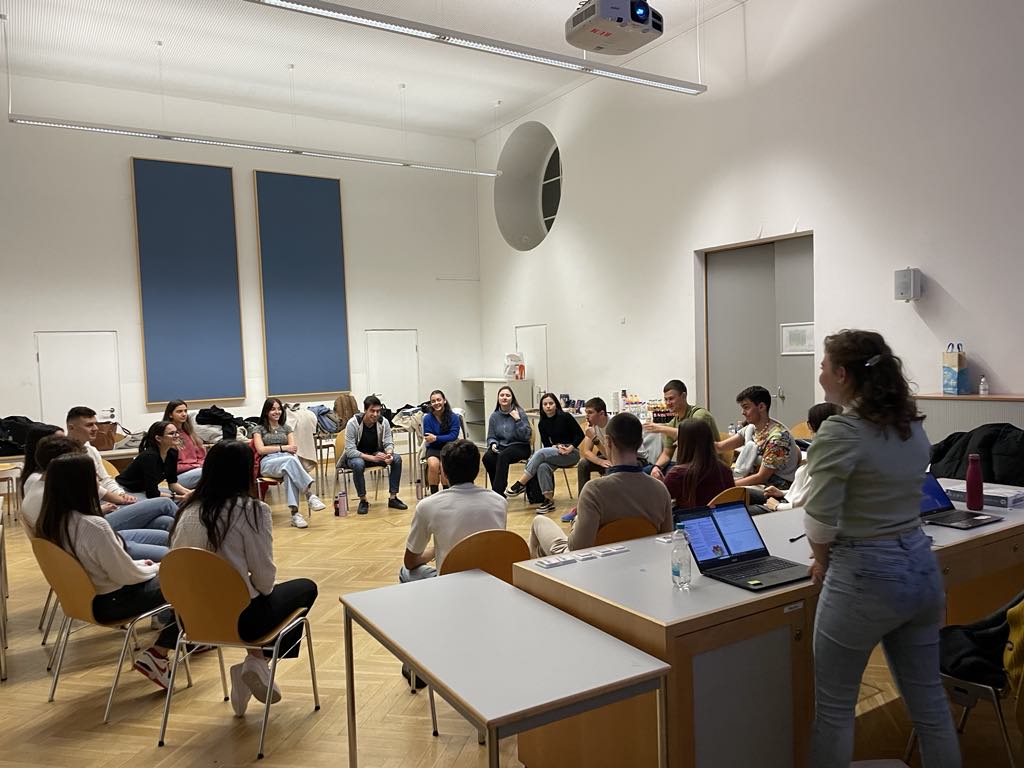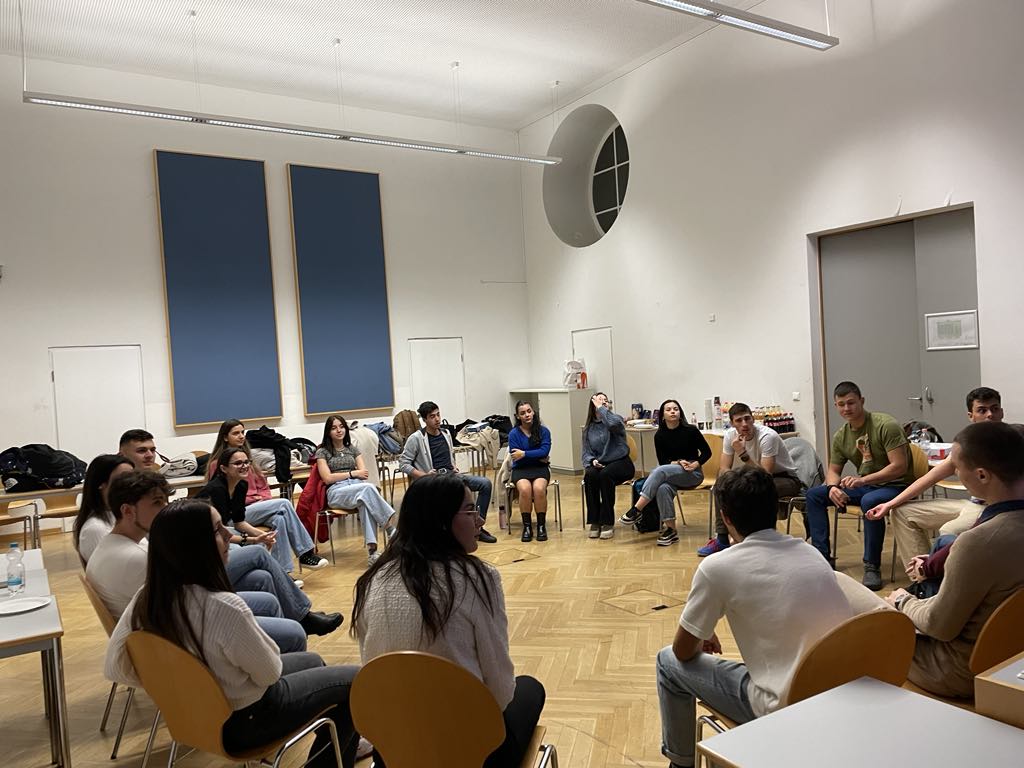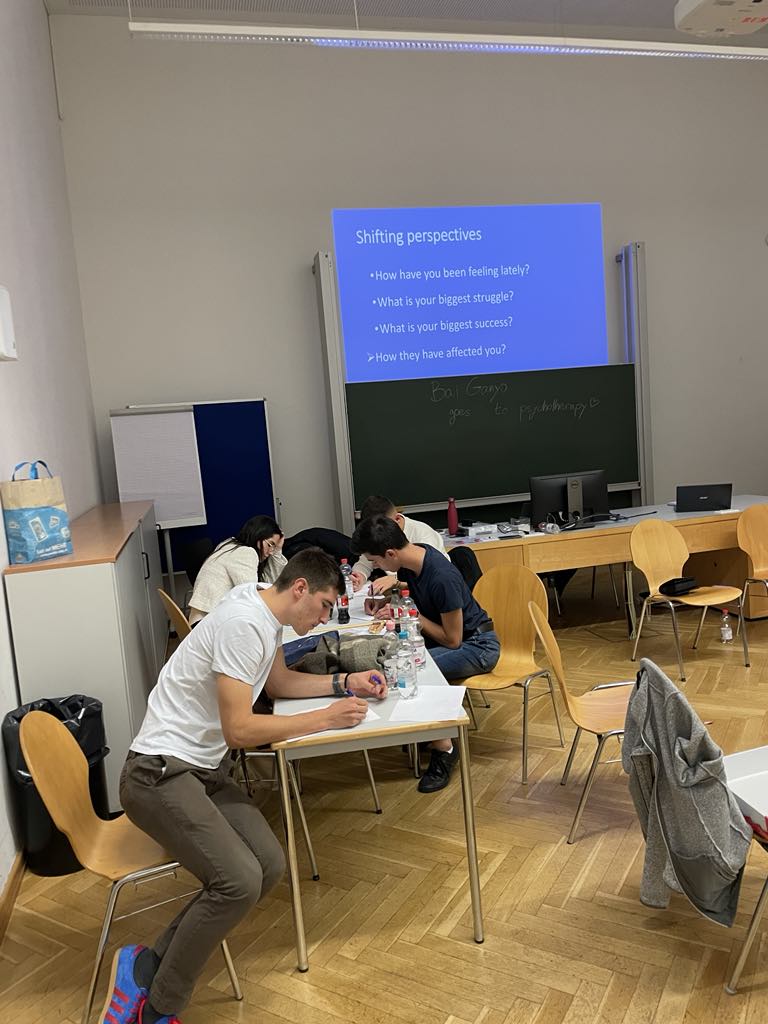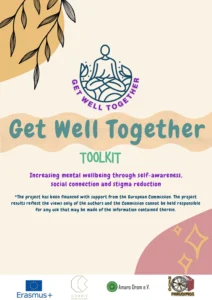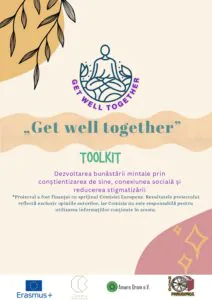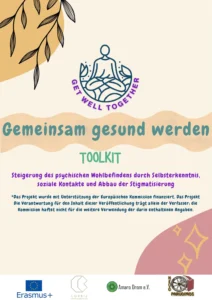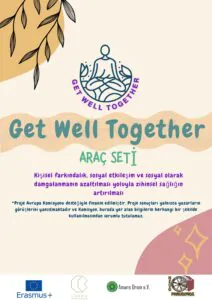Project leader: AMARO DROM EV – INTERKULTURELLE JUGENDSELBSTORGANIZATION VON ROMA UNDNICHT-ROMA – Germany
Duration: 12 months
Period: 01.09.2022 – 01.09.2023
Partners:
Nevo Parudimos Association – Romania
Corbiz Kurumsal Is Cozumleri Egitim Organizasyon Pazarlama ve Ticaret Ltd Sti – Turkey
Project number: 2022-1-DE04-KA210-YOU-000084854
Within a world filled with uncertainty, challenges, and the constant pursuit of overall well-being, the project “Get Well Together” arises as an educational approach to empowerment, resilience, and an alternative approach to inclusion. Youth who are marginalized are confronted with difficulties that require a compassionate and tailored response. This project emerges from this particular environment as it undertakes an important effort to tackle the different needs of disadvantaged youth and enhance their mental wellbeing by means of the committed efforts of youth and social workers.
Amaro Drom e.V. from Germany developed and implemented this project together with its partners, Association Nevo Parudimos from Romania and Cor-Biz from Turkey, under the support of Erasmus+ KA2 Strategic Partnerships, small-scale projects.
The primary aim of this project is to create a more equitable, inclusive, and empowered world for all young people, especially those who have fewer opportunities.
The objectives of the project are:
- To equip youth and social workers with the knowledge, skills, and tools needed to effectively support and empower young people.
- To raise the participation and involvement of marginalized young people by providing them with a healthy mindset and showing them different opportunities to engage themselves in increasing their self-esteem
- To inspire resilience in both young people and professionals working with them on a daily basis
The project structure and approach were designed as follows:
- Training of Youth Workers on Wellbeing and Development of the Toolkit, where each partner organization selected five youth workers and implemented a training course in Romania. The youth workers learned about wellbeing and its elements through non-formal education and developed the first draft of the toolkit.
- Valorization of the toolkit: the partner organizations prepared an evaluation form and organized activities with young people and experts to test the toolkit and get feedback.
- Local activities with young people: the trained youth workers had local activities by using the toolkit tailored or adapted according to the target group they worked with.
- A final evaluation meeting was organized in Berlin to assess and evaluate the project impact of the whole project.
- Each partner disseminated the project results at the local and national level to interested people or to other organizations to increase the interest of civil society on the topic of inclusion and wellbeing.
The project is funded by Erasmus+ program of European Union.
